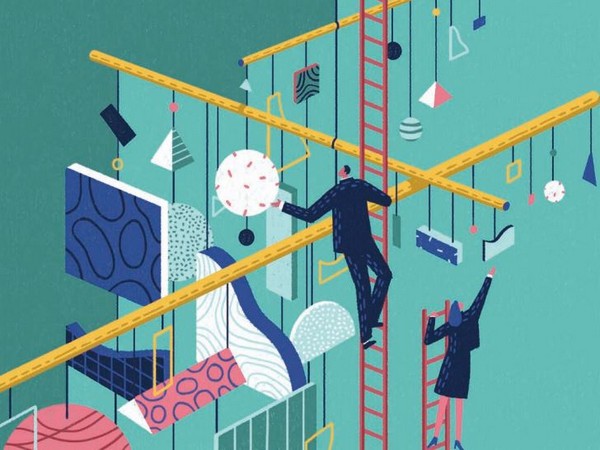The Supreme Court of India has once again affirmed in the National Defence Academy case that gender equality is an essential part of what we are as a democratic society tethered to moderate values. The Court has ordered that women be permitted to appear for the entrance test this year itself, rather than the next year, as had been suggested by the government. To be fair, the government led by Prime Minister Narendra Modi has been supportive of the need for gender justice and equity, but had asked for time in order to better prepare for the changes that are expected to occur both in the examination system as well as in the NDA itself once both men as well as women can compete for admission into what is among the country’s most prestigious armed forces institutions. In fields other than the military, schemes of the Modi government such as programs designed to make work in confined and often poorly ventilated kitchen spaces more tolerable. There have been numerous schemes rolled out by Prime Minister Narendra Modi designed to make life easier and more predictable for those who do not have income levels such as would make their lives comfortable. Among the most consequential has been the payment of subsidies directly into the bank accounts of beneficiaries, rather than have the money routed through middlemen as in the past, who very often claimed a commission even for such a service. The provision of hundreds of millions of bank accounts even to those who did not have even a few rupees to their name has had several benefits which are becoming apparent. Bank accounts and unique identification mechanisms for every citizen assist in giving confidence and a stronger sense of self-worth and identity to even the most underprivileged, thereby increasing the possibility of their breaking out from despondent circumstances into pathways leading to success. Should online bandwidth be enhanced in strength and made accessible to every citizen, that too would be transformative. Whether it be in education or in primary healthcare, online access could be harnessed to significantly improve the quality of life of citizens who are clustered around the lowest income deciles of the population of a country that (after nearly 75 years of freedom) still has among the lowest per capita incomes in the world. Prime Minister Modi in 2014 identified the key to better governance as less government. Although the ubiquity of the bureaucratic leviathan that is the direct descendant of the colonial state seems not to have lessened, several of the innovations initiated and pushed forward under Modi will have the effect of making the citizen less reliant on the bureaucracy for permission and facilitation even in those fields where other democracies have ensured individual freedom of choice and mode of activity. In a country where literacy is still patchy, the legal system as it has evolved has become so complex that it is difficult even for those whose lives are spent in scholarly pursuits to understand. Laws need to be fewer and simpler to comprehend, and systems of accountability swifter and surer, if India is to reach its potential. More than a few Chief Justices of the Supreme Court have spoken publicly about the need to reform the judicial process. As did Law Ministers such as Ram Jethmalani during the period when A.B. Vajpayee was Prime Minister. The pruning of laws initiated by Jethmalani was halted when Vajpayee removed him from the Law portfolio. Given the awesome power of the Supreme Court as well as the High Courts since the modifications made in the 1990s by CJI Verma in the recruitment and tenure of judges, a Chief Justice of the Supreme Court could succeed in undertaking reform of judicial processes in the litigant-friendly manner that CJI Ramana spoke about. The unsatisfactory nature of the process this far is evident that delays in projects and in how lives get put on hold, sometimes for decades. This is the consequence of the piling up of cases in various courts. The backlog has reached a level that it would be unwise to allow to continue. A start would be to put online the proceedings taking place in every court in India, save the few held in camera. Over the past few years, the Supreme Court has substantially reduced the scope of punitive action in matters that ought to be the preserve of the individual citizen, such as intimate relationships between consenting adults. Ancient India, much before ancient Rome or ancient Greece, enshrined both sexes equally as figures to emulate. It is difficult to understand how an individual proud of the valour of Rani Lakshmi Bai of Jhansi remains opposed to women joining the armed forces to defend India. In the police, women officers have shown that they are as good (and often better) than their male counterparts, and this is the case across every field of activity, including in the uniformed services. During the 1939-45 war with Nazi Germany, Britain recruited and trained women who were sent into enemy territory as spies and saboteurs. Several were killed, often through torture, but proved invaluable in helping the Allies win the war. It is time to give women an equal chance of competing and joining the armed forces, and it is welcome that the Modi government will go ahead with opening admission in the NDA to young women who seek to protect India with the fierce courage shown by so many women warriors in the past. MDN

